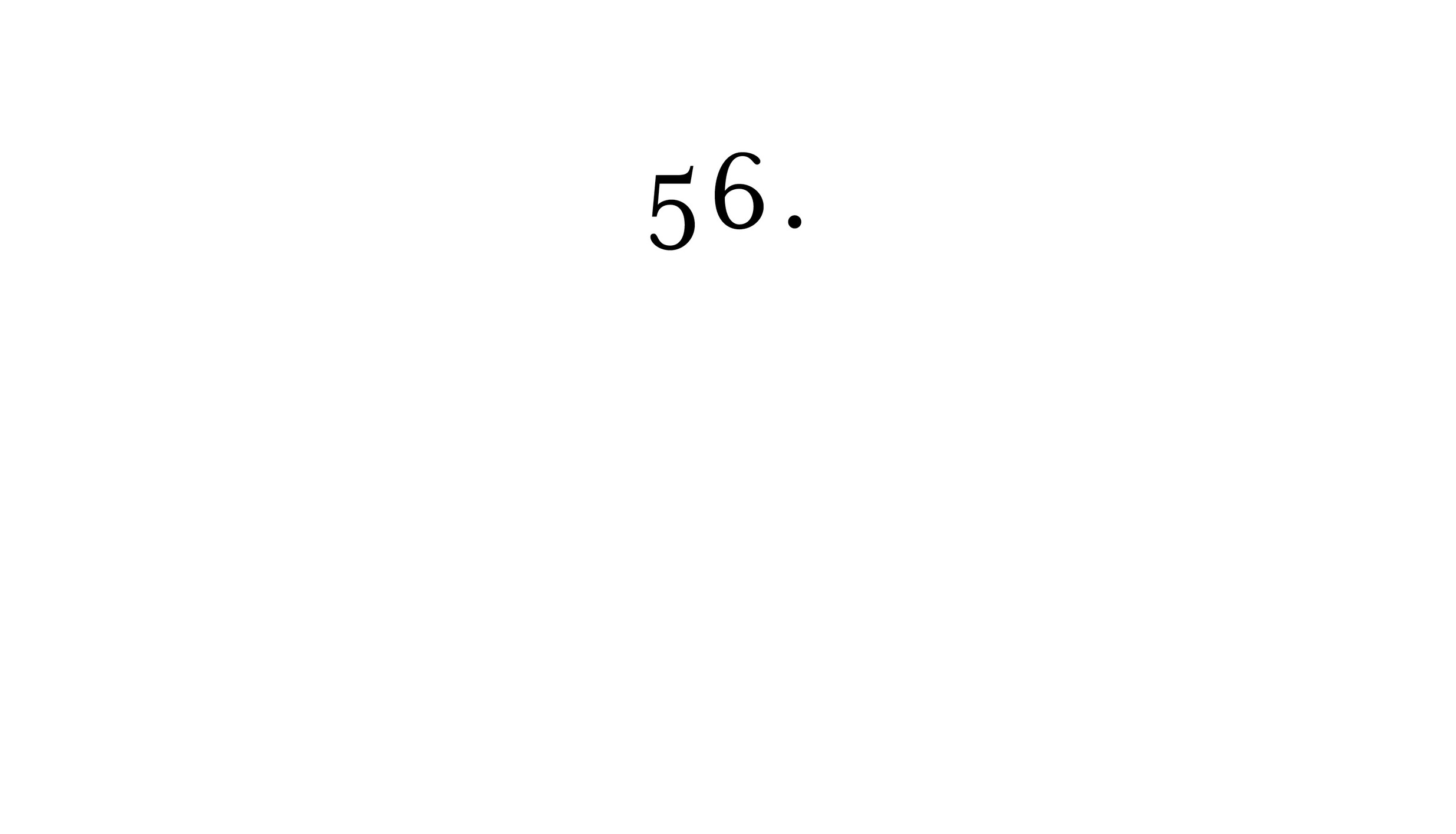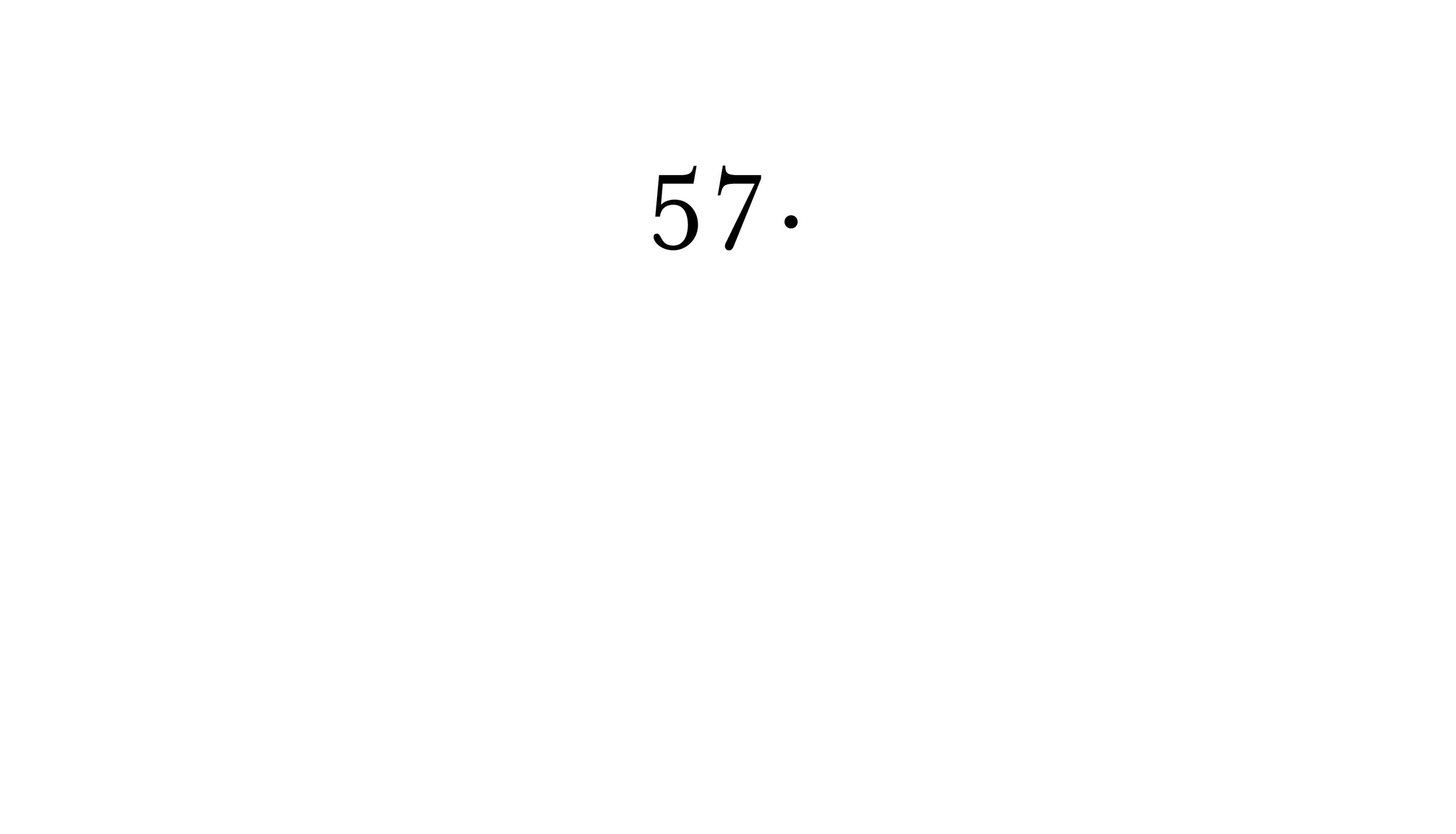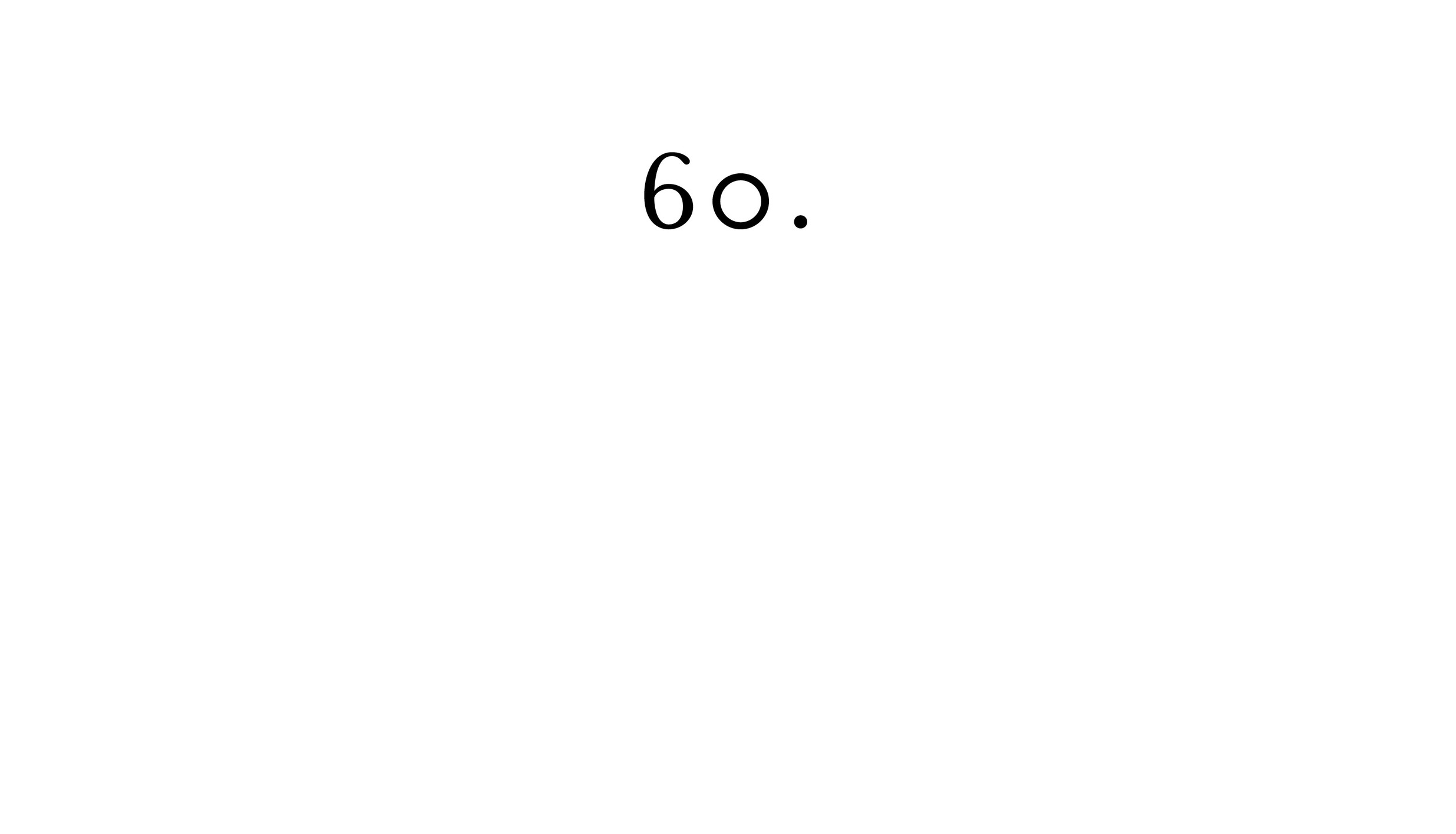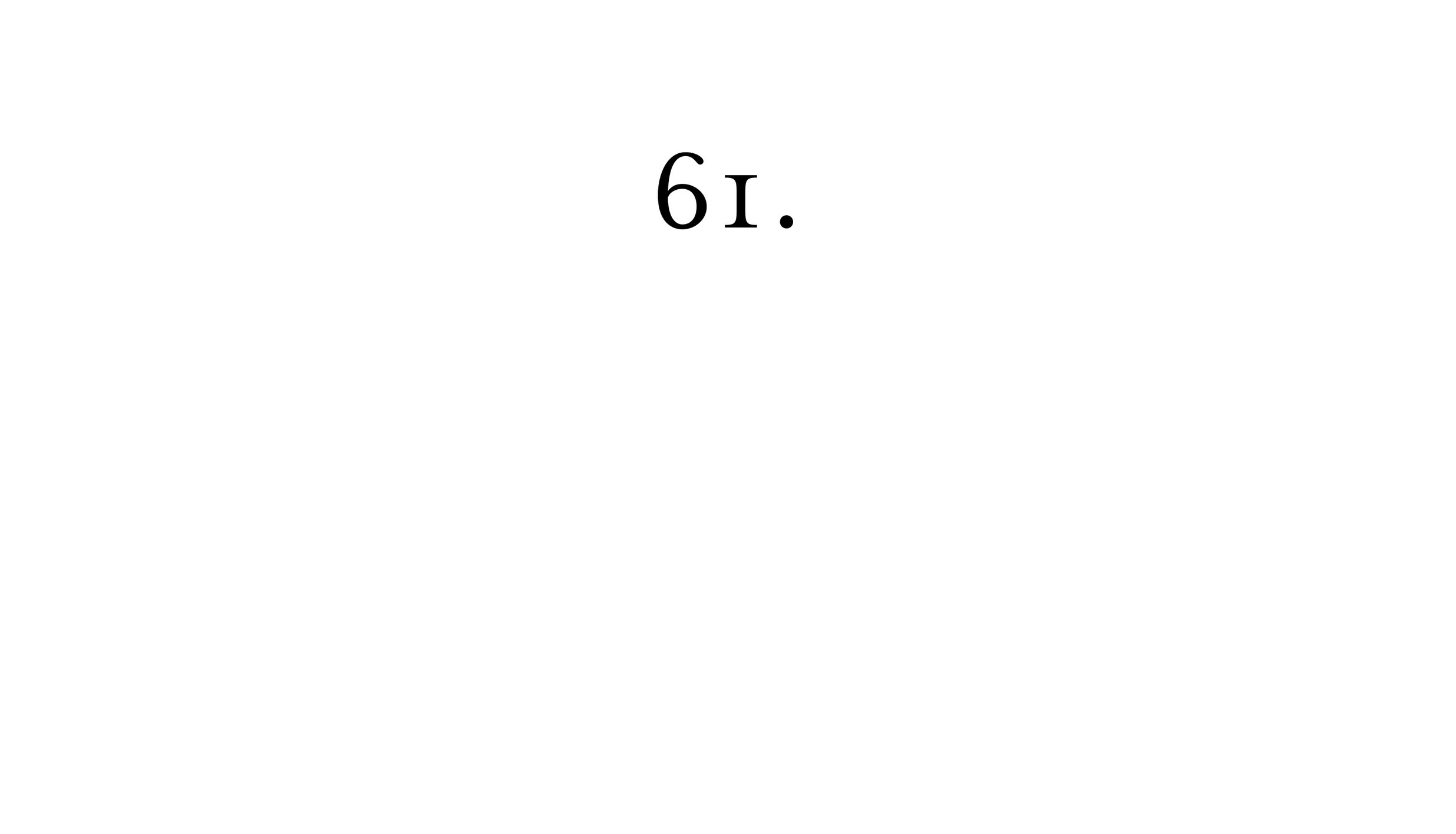Dreamland: A Novel (26 page)
Read Dreamland: A Novel Online
Authors: Nicholas Sparks


The interstate was a hazy
mirage as I left Florida behind and entered Georgia.
Morgan called for the third time; I’d been on the phone the first two times and hadn’t answered. After apologizing, I filled her in with what I knew, adding that I hadn’t yet spoken to the neurologist.
“I called my parents about what happened,” Morgan said. “I asked them about strokes, and they said that if she’s not in ICU, she’ll most likely survive. But depending on the severity of the stroke, there can be long-term effects.”
Like partial paralysis,
I thought. “Can those be fixed?”
“I don’t know. It sounded like it depends on the original blockage. Apparently, rehabilitation has come a long way in the last few years. I hope you don’t mind, but my mom checked out Vidant Medical Center and discovered that it’s a primary stroke center, which is really important. It means they’ll be able to offer interdisciplinary care even after she’s released. She said your aunt is in good hands.”
“That was kind of your mom to look it up,” I said. “But how did you know my aunt was admitted to Vidant?”
“Google. It’s the largest hospital near Washington. It wasn’t that hard to figure out.”
Even as Morgan spoke, my mind continued to whirl. “The nurses won’t tell me anything.”
“They’re not allowed to. That’s the physician’s job.”
“He hasn’t called me, either.”
“He will, probably after he finishes his rounds. And depending on how many patients he has, he might call late. That’s what my parents do. But what did Paige say?”
I said nothing at first. Finally: “I haven’t been able to reach her yet.”
“What?” Morgan’s voice sounded her disbelief. “Why didn’t she call you when it happened?”
That was the question I wasn’t yet ready to think about. Instead, I offered, “I don’t know.”

I stopped for gas,
then hit the interstate again. From the other direction, headlights appeared as tiny dots in the distance, growing larger as they approached and suddenly vanishing, only to be replaced by others. Overhead, the moonlight was clear and bright, though I was only dimly aware of the passing landscape.
I called Toby again. After my call—maybe because my worries had amplified his—he returned to the hospital, even though he’d visited earlier. He said that he had been allowed to stay only a few minutes, because visiting hours were ending, but that my aunt appeared stable. “She was sleeping,” he explained.
“Where was Paige?”
“I didn’t see her, but one of the nurses said they thought that she came by earlier. They assumed she went to get something to eat.”
“That’s great,” I said, feeling a sudden surge of relief.
“I also stopped by the house again on my way back,” he
added. “The lights weren’t on, and her car wasn’t in the driveway.”
After I hung up, the relief was strangely short-lived. In the back of my mind, warning bells continued to sound.
My next call to Paige went straight to voicemail again.

By the time the doctor
finally called, I’d made it through Georgia and was into South Carolina. I was doing 90, praying I wouldn’t be pulled over but more than willing to risk it.
“Your aunt had an ischemic stroke,” he said. “That’s where a clot narrows one of the arteries leading to the brain. The good news is that the blockage wasn’t total.” He explained the surgery—while I’d imagined something complex, he said it hadn’t taken long—and emphasized how critical it was that Toby had called the ambulance when he did. He updated me on her current condition and the medications she was taking, adding that he was confident she’d be released within the next few days.
“What about her paralysis?” I asked.
“That’s a bit more complicated,” he said, “but the fact that she retains some movement in her arms and legs is a good sign.” He went on to discuss potential complications and post-hospitalization rehab, but with my brain still whirling, all I really understood was that right now there was still much he couldn’t
answer. While I appreciated the honesty, it didn’t make me feel a lot better.
“And you’ve told all this to my sister, right? Paige? She knows what’s going on?”
“Initially, yes.” He sounded surprised. “But I haven’t spoken to her recently.”
“Hasn’t she been at the hospital?”
“I haven’t seen her myself, but sometimes I don’t even start my rounds until after visiting hours are over.”
I called Toby again, but this time his phone went to voicemail.
It seemed like years before I reached the North Carolina state line.

Morgan called again, maybe
an hour after I crossed into North Carolina.
“Hey,” she said, sounding sleepy. “It’s a long drive and I know you’re upset, so I just wanted to check on you.”
“I’m fine.” I briefed her on what the doctor had said, or as much of it as I could remember.
“How far away are you now?”
“Two hours or so?”
“You must be exhausted.”
When I didn’t answer, Morgan went on. “What did Paige say?”
“I still haven’t been able to reach her.”
Silence stretched out over the line, to the point where I wondered if we’d lost the connection. Finally: “Is there something you’re not telling me, Colby?”
For the first time since I’d known her, I lied.
“No.”
I could tell she didn’t believe me. After a beat, she said only,
“Keep me informed, okay? I’m going to have my phone with me all night. You can call me no matter how late it is.”
“Thanks.”
“I love you.”
“Love you, too,” I responded automatically, though my mind remained elsewhere.

Southeast of Raleigh, while still
on the interstate, I knew I had a decision to make. I could keep going a little farther and take the highway that led to Greenville and Vidant. Or I could take a different highway, one that led back home.
I doubted visitors would be allowed into the hospital at this hour, but even if they would allow me in, my gut told me that I needed to head home first.
Just in case.

I followed the highway
I’d driven thousands of times, only half aware of the turns I was navigating. Lightning flickered in the distance, remnants of a passing storm. As I eventually neared Washington, it was coming up on eleven, and I could feel the tension building in my shoulders and my neck.
After exiting, I made the final turns, one after the next, until reaching the gravel road that separated one side of the farm from the other. The moon had drifted below the horizon and the gravel was slick from a recent downpour. In the darkness, it was difficult to make out the shape of the blackened house, but I thought to myself that it looked as deserted as Toby had said.
As I neared, however, I realized that wasn’t wholly correct; there was a faint light from the kitchen, barely noticeable through the bushes, which would have been easy to miss.
I wheeled into the drive, going so fast that I had to slam on the brakes, the truck sliding in the mud-slicked dirt. I jumped out, splashing in a puddle, and noted the absence of Paige’s car even as I raced along the path that led to the small front porch.
I burst through the door, and a single glance in either direction was enough to confirm my worst fears. I tore through the bottom floor, searching everywhere, then finally bounded up the stairs, horror taking hold.
I found Paige on my bed, looking at first as though she was sleeping. I shouted her name as I rushed toward her, loud enough to wake her, but there was no response. A bone-deep chill flooded my body when I saw an empty prescription bottle on the bed beside her—and other scattered prescription bottles on the floor—and I began to scream.

Her chest was barely moving,
and I couldn’t find a pulse when I checked her wrist. I put my fingers over her carotid artery and felt something thready and weak. Her face was gaunt and deathly pale, and after grabbing the prescription bottle and shoving it into my pocket, I scooped her into my arms and carried her down the steps. Unsure whether she would last long enough for an ambulance to arrive, I hurried to the truck, buckling her slumping body into the passenger seat.
I backed out with the engine roaring, then gunned it down the gravel road. As soon as I reached asphalt, I pressed the emergency button on my phone.
My call was answered by the dispatcher right away, and I explained what I knew. I recited my name and my sister’s information and said that I was rushing for the hospital now. I told them the name of a physician I knew from Vidant. The woman on the other end reproached me for failing to call an ambulance; ignoring the comment, I pled with her to let the emergency room at
Vidant know I was coming. Then I disconnected immediately, focusing all my energies on the road.
The speedometer occasionally inched into the red, but thankfully there was little traffic at this time of night, even in Greenville. I slowed when I saw a red light and made sure the intersection was clear before rolling through it, adding to a long list of driving infractions. Throughout the ride, I kept shouting at Paige, trying to wake her, but she remained slumped over in the seat, her head bowed. I didn’t know whether she was alive or dead.
At the emergency room, I again scooped Paige into my arms, carrying her through the electronic doors as I called for help. There are emergencies and then there are
emergencies
—I think everyone in the waiting room knew this was the latter—and a minute later, an orderly appeared from behind closed doors with a gurney.
I laid Paige down and walked alongside as the gurney began moving toward the back. Repeating to the nurse what I’d said to the dispatcher, I handed over the empty prescription bottle. A moment later, the gurney disappeared behind locked doors, and I was told to return to the waiting room.
Then, like a switch had been pulled, the world descended into slow motion.
Others in the waiting room had settled back down after the commotion I’d caused, reverting into their own worlds. I was told I had to sign in for Paige and stood in a slow-moving line, until finally reaching the window. I sat and filled out forms, detailing Paige’s medical and health-insurance information. When finished, I was instructed to take a seat.
In the aftermath of flooding adrenaline, I practically collapsed into a plastic chair, feeling disoriented. There were men, women,
and children of every age, but I was only distantly aware of them. Instead, I thought of all that had happened. I wondered if I’d made it to the hospital in time and if Paige would live. I tried to imagine what was being done to help my sister, tried to imagine the orders a doctor was calling out, but couldn’t picture a thing.
I waited, then waited some more. Time continued to slow. I’d check the time on my phone, sure that twenty minutes had passed, only to realize it had been just five. I tried to distract myself with the internet and learn what I could about overdoses, but there was little about the drug I thought she’d taken other than warnings and prompts that immediate treatment at a hospital was necessary. Sometime later, I thought about calling Morgan but wasn’t sure what I’d be able to tell her, because I had no answers. Seated opposite me was a woman who was knitting, her movements hypnotic.
Saturday night—or technically, Sunday morning, I suppose—was a busy one at the emergency room. People continued to stream in and out every few minutes. When I had waited for what felt like an intolerable length of time, I approached the admissions window again and begged the nurse to tell me what was happening with my sister. In my mind’s eye, I imagined her intubated while the doctors performed dark magic to keep her alive. The nurse said she’d see what she could find out and would let me know as soon as she did.
I returned to my seat, frightened and angry, exhausted and tense. I felt like crying; in the next instant, I wanted to break something. I wanted to kick through a door or window, and then suddenly I felt like crying again. How, I wondered, was it possible for everything to have gone so wrong in such a short period of time? And why hadn’t I been told anything?
I wanted to be angry at Toby. He’d told me that my sister was
at the hospital earlier, and because I’d believed him, I hadn’t sent him back to the house. By the time I realized that I needed him to do just that, he wasn’t answering his phone. Had he answered, he could have gotten Paige to the hospital sooner. Had he answered, he might have prevented the overdose in the first place.
But it wasn’t his fault. It was the nurses who’d been mistaken about seeing Paige earlier, but, honestly, I knew it wasn’t their fault, either. All of this was my fault. For going to Florida. For not calling every day, even though part of me knew I should have. And as my anger turned inward, I realized I hated myself, for had I been at home, my sister would be alive and well.
I continued to wait. Meanwhile, the rest of the world persisted in its ordinary routines, though nothing felt normal to me. Names were called, and one by one, patients vanished behind the doors. Often, family members or friends accompanied them; sometimes they didn’t. Some eventually emerged; others remained hidden in the bowels of the hospital. A child who wouldn’t stop crying was brought in and seen immediately. A man with a homemade sling had been waiting even longer than I had.
More hours passed. When there was still no word about Paige, I checked with the nurse again. Again, she said she’d let me know. I returned to my seat, aching with fatigue but knowing that sleep was impossible. An hour before dawn, a nurse finally came to fetch me, and I was led to the back. Because Paige had been admitted and transferred elsewhere, I couldn’t see her, but I was introduced to a harried physician who looked barely older than I was.
Her expression was serious, and she admitted it was still too early to know whether Paige was going to make it; she added that she’d had to request the help of another critical-care
specialist to even ensure that Paige survived as long as she had. The next few hours would be crucial, she said; until then, there wasn’t much more she could tell me. At the end, surprising me, she placed a sympathetic hand on my shoulder before returning to her duties.